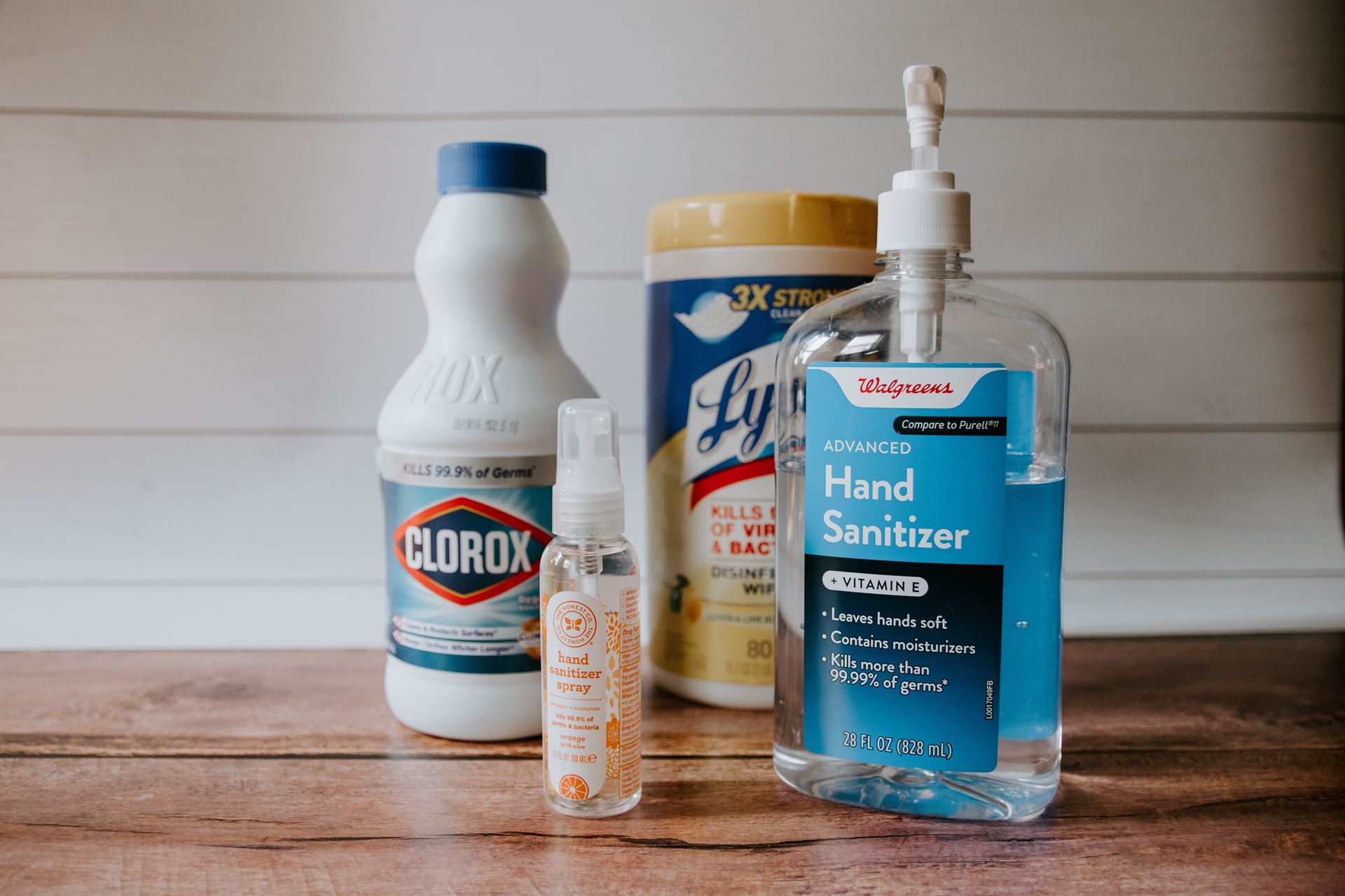Environmental Ecosystem
We are exposed to thousands of chemicals in our environment on a daily basis – from the air we breathe, the water we drink, the preservatives and chemicals in processed foods, the personal products we use, the cleaning products we are exposed to, the plastics and cookware we use, the chemicals we spray on our crops, industrial chemicals polluting our environment etc.
In effect, we are literally swimming in a sea of chemicals. Increasingly it is recognised that many of these chemicals are endocrine disruptors – they have significant effects on how our hormones function and many of these chemicals are linked to obesity and are potentially contributing to the obesity problem.
These toxic chemicals are most certainly in each and every single one of us. The Environmental Working Group reported that the average person carries 91 toxic chemicals in their body.
Body Burden: The Pollution in People
Whilst this problem is not officially recognised by many official bodies, it is worth bearing in mind that there is a lot of vested interest at stake and also defining what levels of chemicals cause harm is fraught with enormous complexity.
What is toxicity? A dose of chemical enough to kill you surely counts. But if the dose is just enough to make you feel vaguely tired and unwell, does that count? What about the cumulative effects over time? Coming back to things from an evolutionary perspective, what our genetics have equipped us to cope with does not include living in a sea of chemicals.
As human beings we vary in our genetic capabilities to detoxify as well as varied levels of exposure (consider that certain jobs will put people at much greater levels of exposure with chemicals) – perhaps some of the people affected are the canaries in the coal mine.

Protecting the Planet
Polluting the planet is what we human beings have done and continue to do. All our personal choices from whether we walk or use the car, whether we buy more products with plastic (let us not delude ourselves that the plastics we use are recycled – a small proportion may end up being recycled into a fleece or a traffic cone – but the vast majority of it ends up in landfill sites and the oceans), buy and throw away culture – all of this adds up. The chemical pollutants damage our soils and destroys nature’s biodiversity. We are losing a species every 20 minutes. Global warming and climate change is accelerating – marching us closer towards extinction.
https://extinctionrebellion.uk/
How do we protect our planet?
Before we can act, we first need to raise our awareness about the environmental crisis we have on our hands. We can choose to do nothing or we can choose to take action – whether it is through advocacy and campaigning, educating others if you are in position to do so and/or simply through making better choices for the environment. Ultimately, everything we do (or fail to do) affects the environmental planetary ecosystem which in turn comes round to affect human ecosystems.
How do we protect ourselves?
Logically it can be broken down to 2 broad actions:
- Reduce exposure
- Strengthen your personal resilience to be able to cope with the chemical load that we cannot avoid – through optimising the body’s detoxification capacity and unsurprisingly your 4 pillars of health (food, movement, sleep and stress management) are all involved.
Environmental toxins: steps for decreasing exposure and increasing detoxification
The Environmental Working Group provides a lot of great information and resources if you are looking to reduce exposure to chemicals.
Where possible, eat organic produce and look up the Clean 15 and Dirty Dozen to help make better choices in terms of chemical load – ie consider buying organic for the fruit and vegetables known to have the highest load of chemicals.
https://www.ewg.org/foodnews/summary.php
Be aware of the chemicals in your personal care products – you will be surprised!
In addition, you may want to be aware of the chemicals in your cleaning products and in your home.
https://www.ewg.org/guides/cleaners/
https://www.ewg.org/healthyhomeguide/

Resources
Resources
Environmental toxins: the elephant in the room?
Chemical toxins: a hypothesis to explain the global obesity epidemic
https://pubmed.ncbi.nlm.nih.gov/12006126/
Childhood obesity and environmental chemicals
https://pubmed.ncbi.nlm.nih.gov/21259261/
Effects of endocrine disruptors on obesity
https://onlinelibrary.wiley.com/doi/full/10.1111/j.1365-2605.2007.00858.x
Environmental contaminants as risk factors for developing diabetes
https://pubmed.ncbi.nlm.nih.gov/18557598/
Page created: 30 March 2021